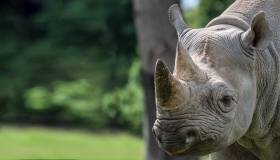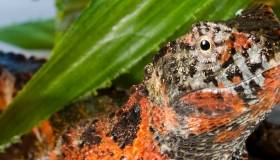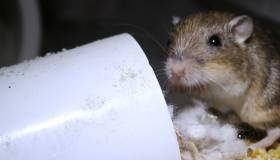July 11, 2014 – Coral reefs are some of the most beautiful, oldest and most diverse ecosystems on our planet, but they are dying throughout the world because of human impact. The reef- building corals in the Caribbean show the greatest signs of disease-related decline.
In 2012, Dr. Mary Hagedorn and her research team from the Smithsonian Institution successfully cryopreserved sperm from the endangered Elkhorn coral, Acropora palmata, and their work has formed the foundation for a frozen genetic bank that is housed in three locations around the world. They also developed a better method for transporting coral larvae, which improves their survival rate and will help public zoos and aquariums to form live banks.
The use of frozen and thawed sperm to produce viable Elkhorn coral larvae indicates that the frozen samples can be used for future coral restoration work. In addition to providing coral for restoration projects, development of the ability to culture coral cells in the laboratory will provide a much-needed tool for identifying causes and potential treatments for a variety of these animals.
Click here to learn more about other exciting Morris Animal Foundation-funded wildlife studies.




